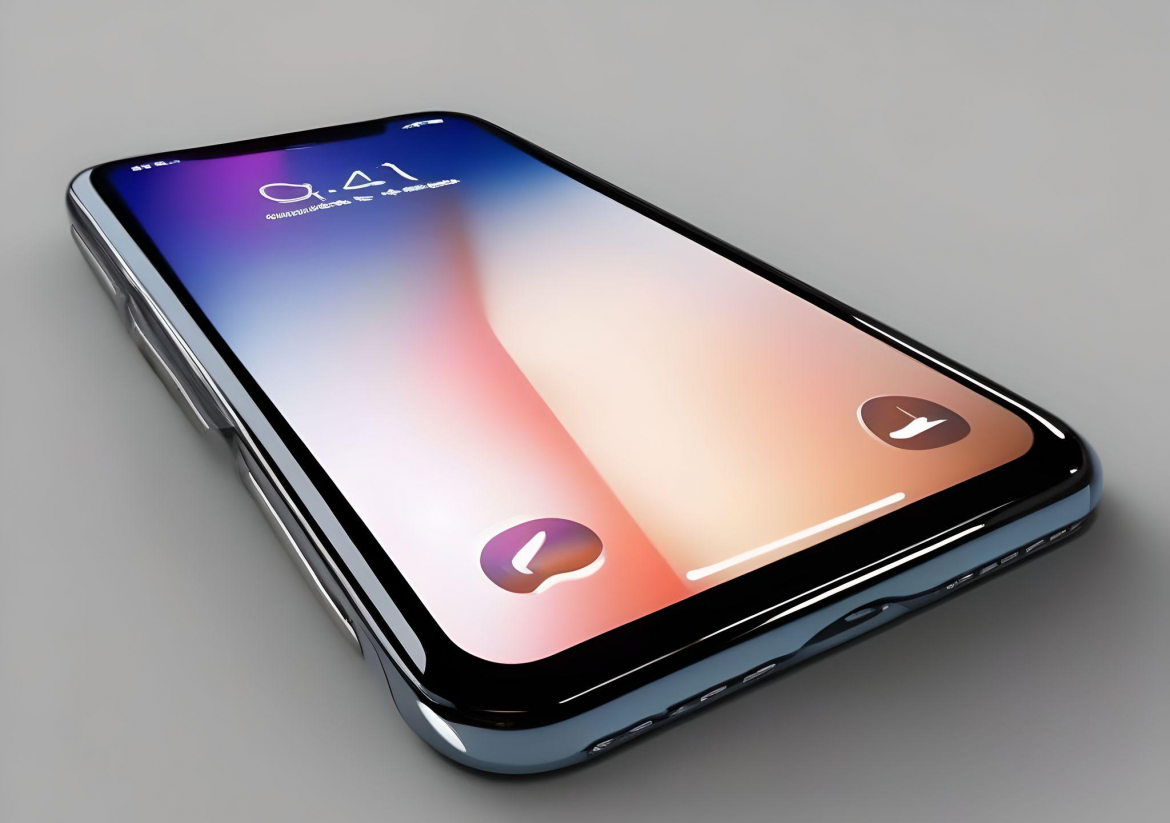The new shake-up will result in a modification to the manufacturing process that will lower the cost of iPhones for customers. Furthermore, Apple is going to roll out new security mechanisms that will almost eliminate the possibility of thieves reselling stolen goods. This action is anticipated to completely transform the smartphone market and establish new benchmarks for security and affordability. Owners may now relax knowing that their investment is longer-term, more cost-effective, and safeguarded.
With more alternatives now available to both users and service providers, Apple’s move represents a substantial change in their repair strategy. By extending the life of current devices, it extends sustainability and offers more cost-effective repair choices when old Apple parts are employed.
Many users who prefer to maintain their own devices or employ third-party repair services will probably welcome this adjustment. It also denotes a change from the prior stringent control over parts and repairs to a more flexible approach to repairs.
All things considered, Apple’s choice is indicative of an increasing trend in the IT sector towards increased openness and flexibility in repair alternatives. In the upcoming months, it will be interesting to observe how this move affects customer happiness and the ecosystem for overall repairs.
In addition to giving customers more alternatives and convenience, Apple’s dedication to providing repair solutions using genuine Apple parts also supports Apple’s environmental objectives. The company is lessening their environmental impact and generating less electronic trash by prolonging the life of devices and their parts. This extension of their repair programme is a reflection of their commitment to offering top-notch support and encouraging a more sustainable future for all.

